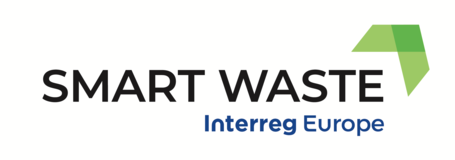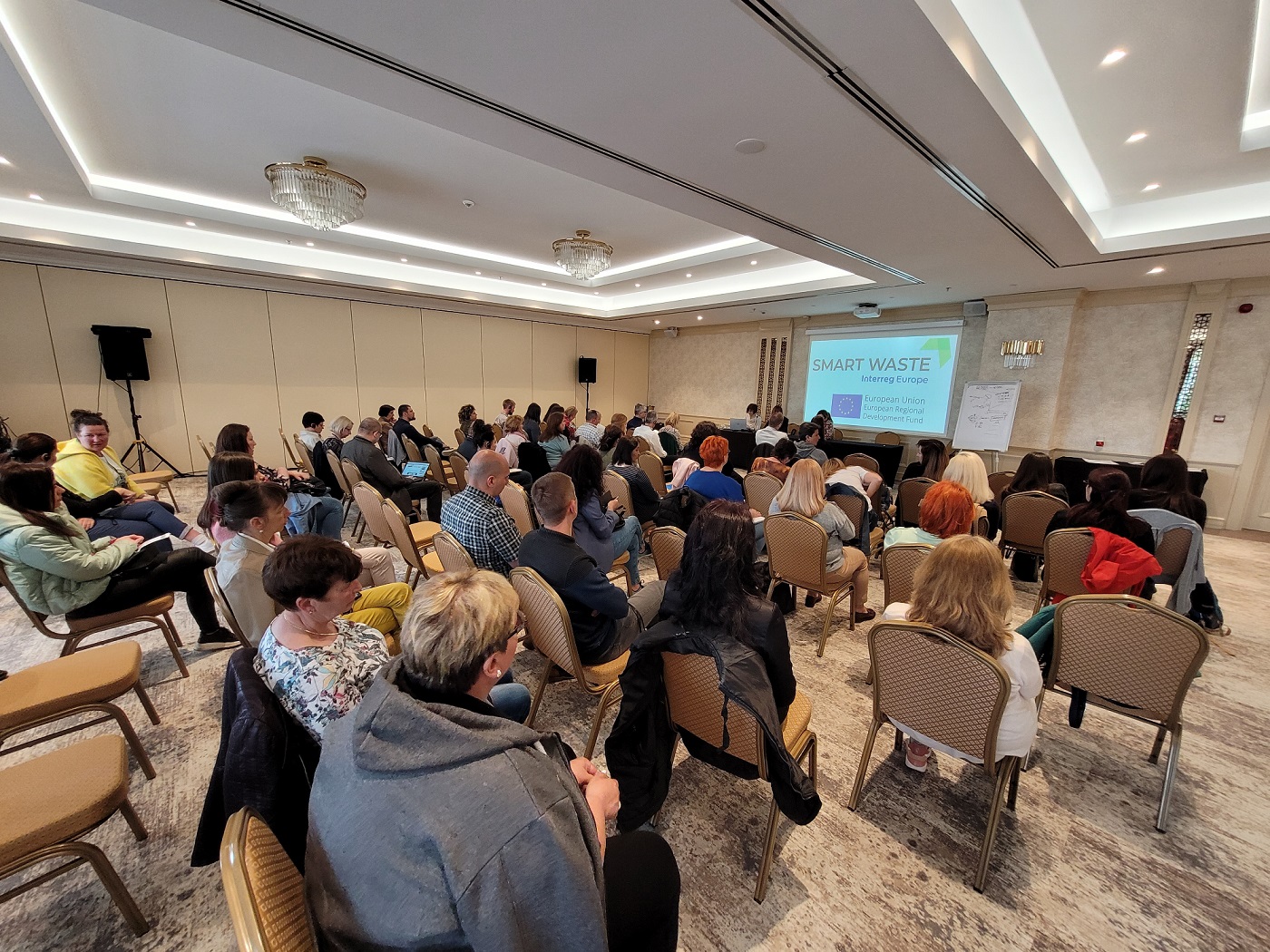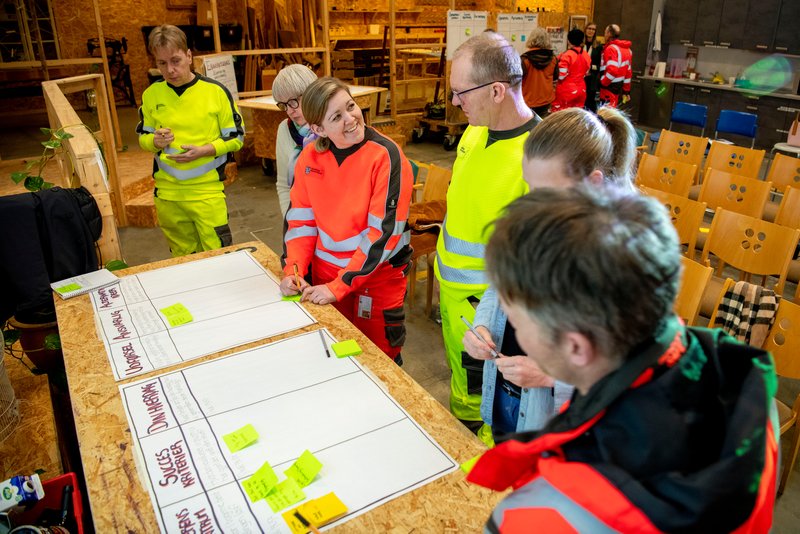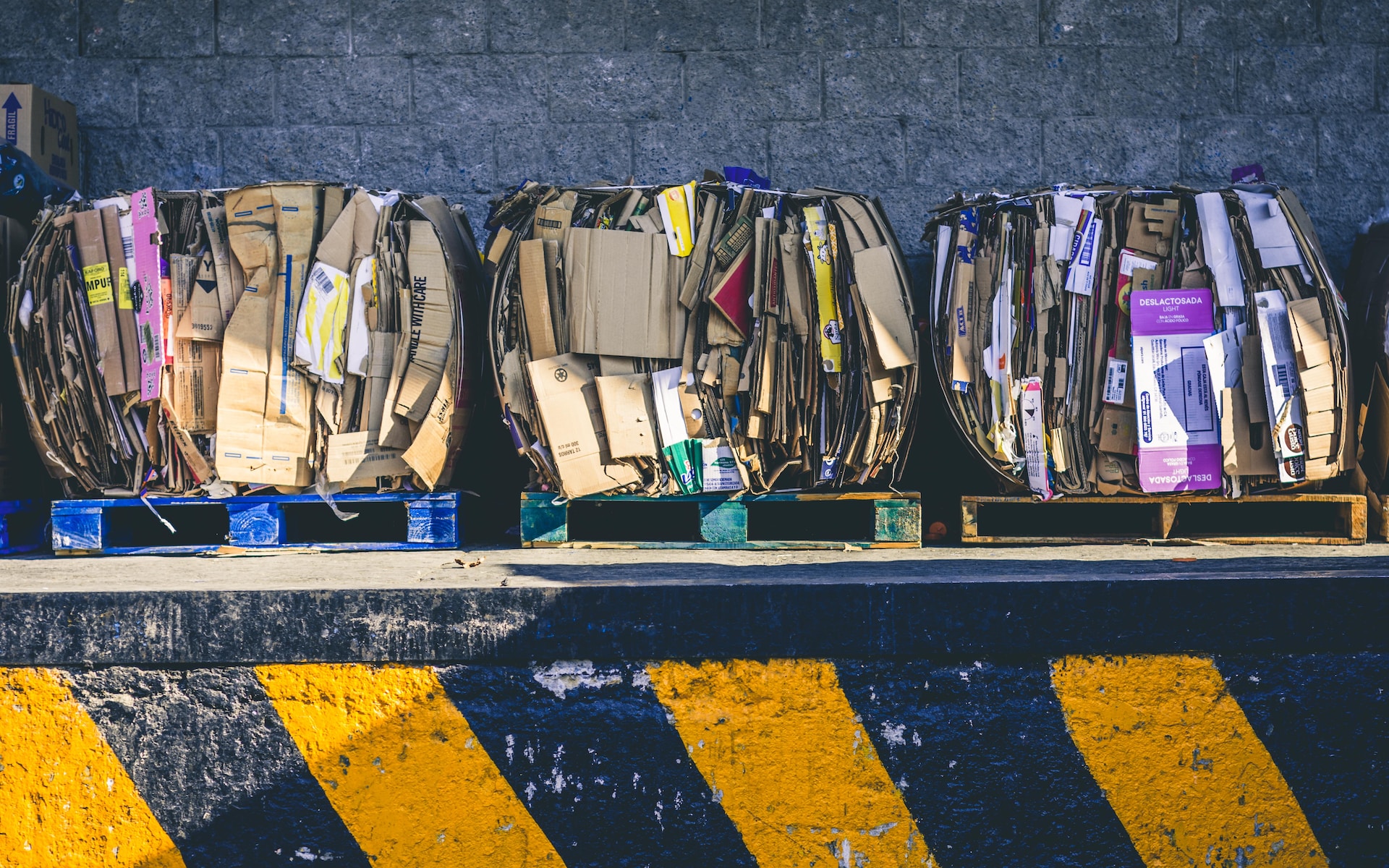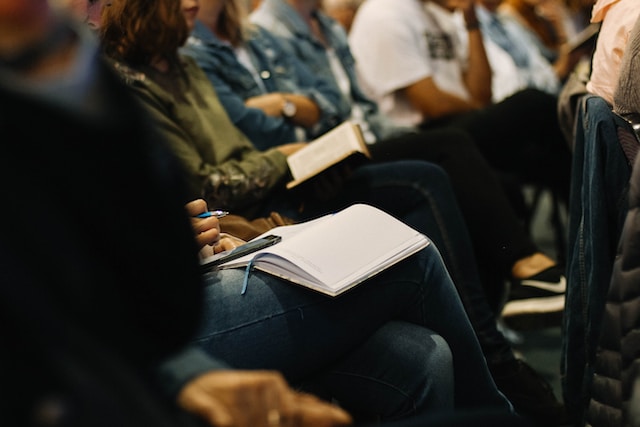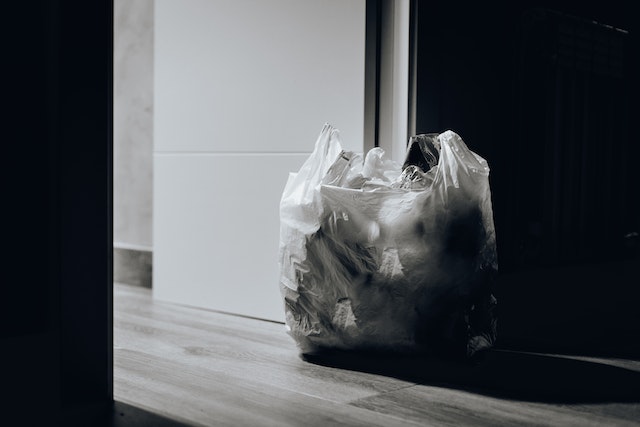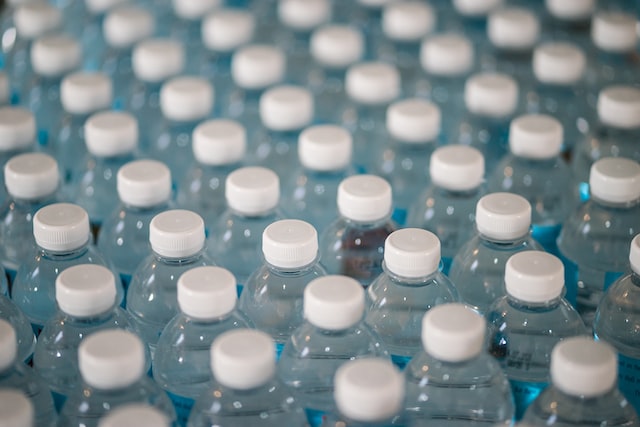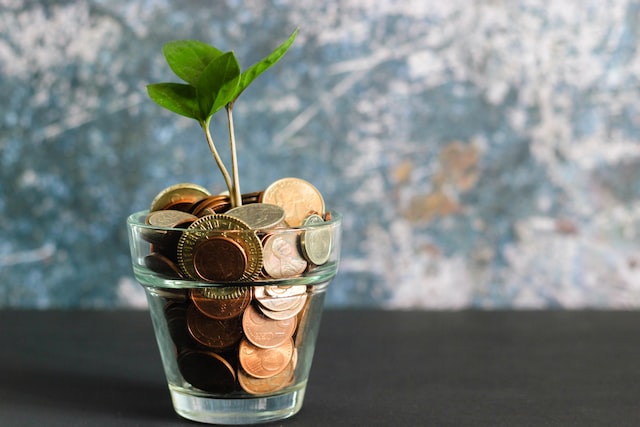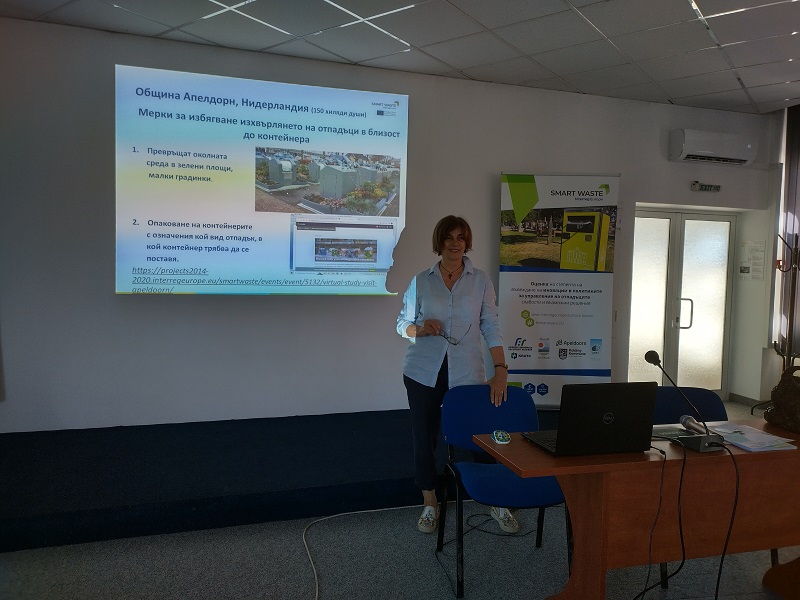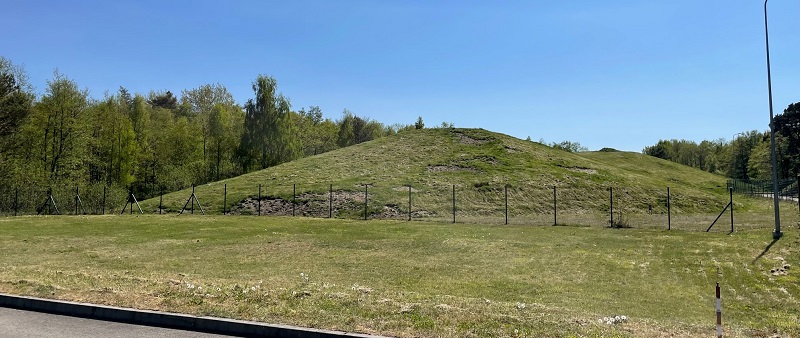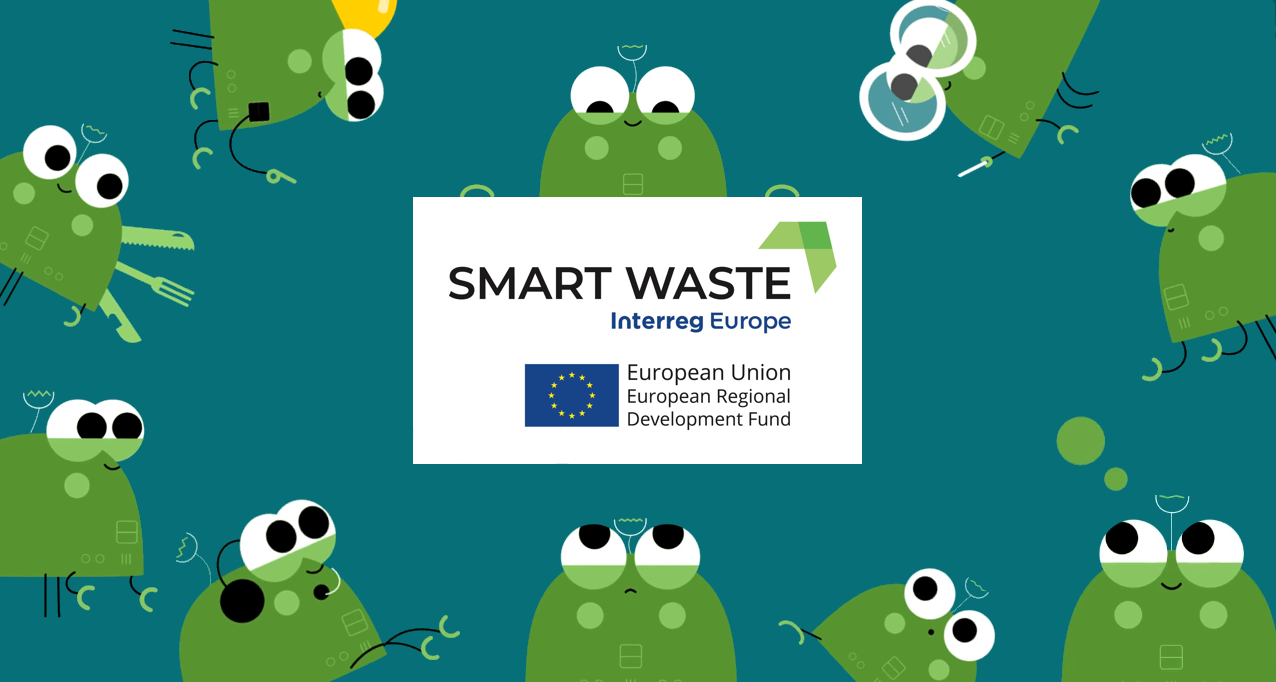On Friday 3 September, SMART WASTE partners ARRR (LP), Municipalities of Kolding and of Apeldoorn met online to exchange partner’s experiences on three topics: local waste management projects of mutual interest, SMART WASTE partner’s Member States legislation on waste management, and SMART WASTE ongoing and planned activities.
The meeting was a natural development of previous online focus groups.
The Municipality of Kolding shared updates on the ongoing legislative process to deliver the new national waste management plan in Denmark. Two main concerns emerge from the discussion. The national government seems oriented to propose national guidelines for municipal waste collection aiming at a unique collection system for every municipality, without taking into account the different needs of municipalities arising from different environmental context, nor ongoing investments on waste collection.
Moreover, the Government foresees also the need to shut down some waste to energy operating plants and hence the need to take into account already approved and developing investment in such waste treatment plants.
Kolding also updated partners on the stakeholder consultation carried out lately to ask citizens and local companies for feedback on the development of the new local waste management Plan, a task of interest for the SMART WASTE partnership as a whole.
Discussion also followed on the different levels of the landfill tax in the three countries, showing how the maximum amount of the tax fee in the Italian legislation is about one third of the corresponding amount in Denmark and the Netherlands.
Another topic of common interest is the management of food and green waste; here ARRR shared the ongoing projects, in Tuscany, for the development of a regional network of anaerobic digestion facilities meant to produce bio-methane out of such waste, to fuel municipal waste collection vehicles thus achieving a solid example of environmental and economic circularity. Three of such plants are already under construction and 4 more are expected to start operating in 2/3 years.
The meeting ended with partners sharing clarifications on ongoing project activities, namely filling-in the report on the outcomes of the evaluation of each partner policy instrument & drafting SMART WASTE Action Plans, which will be the specific subject of the project's next webinar.
